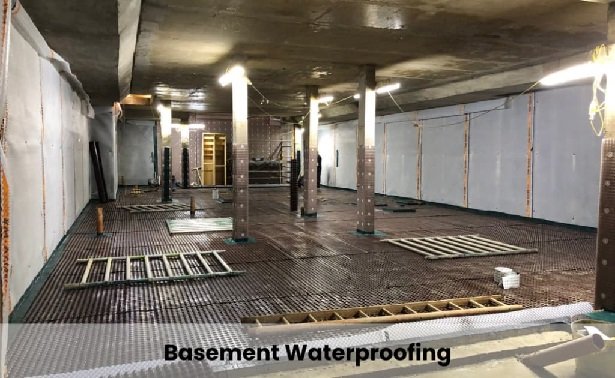Having a strong support control system for your residential is essential. Control power outages can happen due to diverse reasons, such as storms, cross-section dissatisfactions, or support issues. Having a backup power system ensures that your household functions smoothly even during these unexpected blackouts. But with numerous options available, how do you choose the right backup power for home system for your home? This article will guide you through the process
Types of Backup Power Systems
There are several types of backup power systems available, each with its own benefits and limitations:
- Portable Generators: These are flexible and can be moved around as required. They run on different powers, such as gasoline, propane, or diesel. Convenient generators are appropriate for short-term control blackouts and are moderately reasonable. Be that as it may, they require manual operation and refueling.
- Standby Generators: These are for all time introduced units that naturally kick in when the control goes out. They are straightforwardly associated to your home’s electrical framework and can give control for an expanded period. Standby generators are perfect for bigger homes and offer consistent operation.
- Solar Power with Battery Storage: Solar panels combined with battery storage offer an eco-friendly solution for backup power. The solar panels generate electricity during the day and charge the batteries. This option is sustainable and reduces reliance on fossil fuels.
- Wind Turbines: In the event that you live in an range with reliable wind designs, a wind turbine can be a reasonable reinforcement control source. Wind vitality can be tackled and put away in batteries for afterward utilize.
Consider Fuel Availability and Storage
For fuel-powered backup systems like generators, consider the availability and storage of fuel. Gasoline and propane are readily available, but they need proper storage to ensure they don’t degrade over time. Diesel generators are fuel-efficient but might require larger storage space. Make sure you have a safe and convenient location for fuel storage.
Budget and Maintenance
Your budget plays a significant role in determining the right backup power system. Portable generators are generally more affordable upfront, but they require manual operation and ongoing fuel expenses. Standby generators and solar power systems are pricier initially, including installation costs, but they offer automated operation and long-term savings.
Maintenance is another crucial factor. Diesel generators need regular maintenance, while solar panels and batteries require minimal upkeep. Consider the long-term costs and maintenance requirements when making your decision.
Noise Levels and Emissions
If noise and emissions are concerns for you, it’s essential to choose a backup power system that aligns with your preferences. Portable generators can be noisy, which might not be ideal for residential neighborhoods. Standby generators are quieter but still produce some noise. Solar power and wind turbines are silent and produce zero emissions, making them environmentally friendly options.
Sizing the System
The size of your backup power system should match your power needs. If you miscalculate and choose an undersized system, you might not be able to run all your essential appliances during an outage. On the other hand, an oversized system could lead to unnecessary expenses. Consulting with a professional can help you determine the right size based on your power requirements.
Professional Installation
For seamless integration and safe operation, it’s recommended to have your backup power system professionally installed. Standby generators and solar power systems require proper electrical connections, which should be handled by qualified technicians. Professional installation ensures that your backup power system works efficiently and adheres to safety standards.
Conclusion
In conclusion, selecting the right backup power system for your home involves careful consideration of your power needs, available options, budget, maintenance requirements, and environmental concerns.Surveying these variables will assist you make an educated choice that guarantees the consolation and usefulness of your domestic amid control blackouts. Keep in mind, contributing in a solid reinforcement control framework is an venture in your family’s security and well-being.





